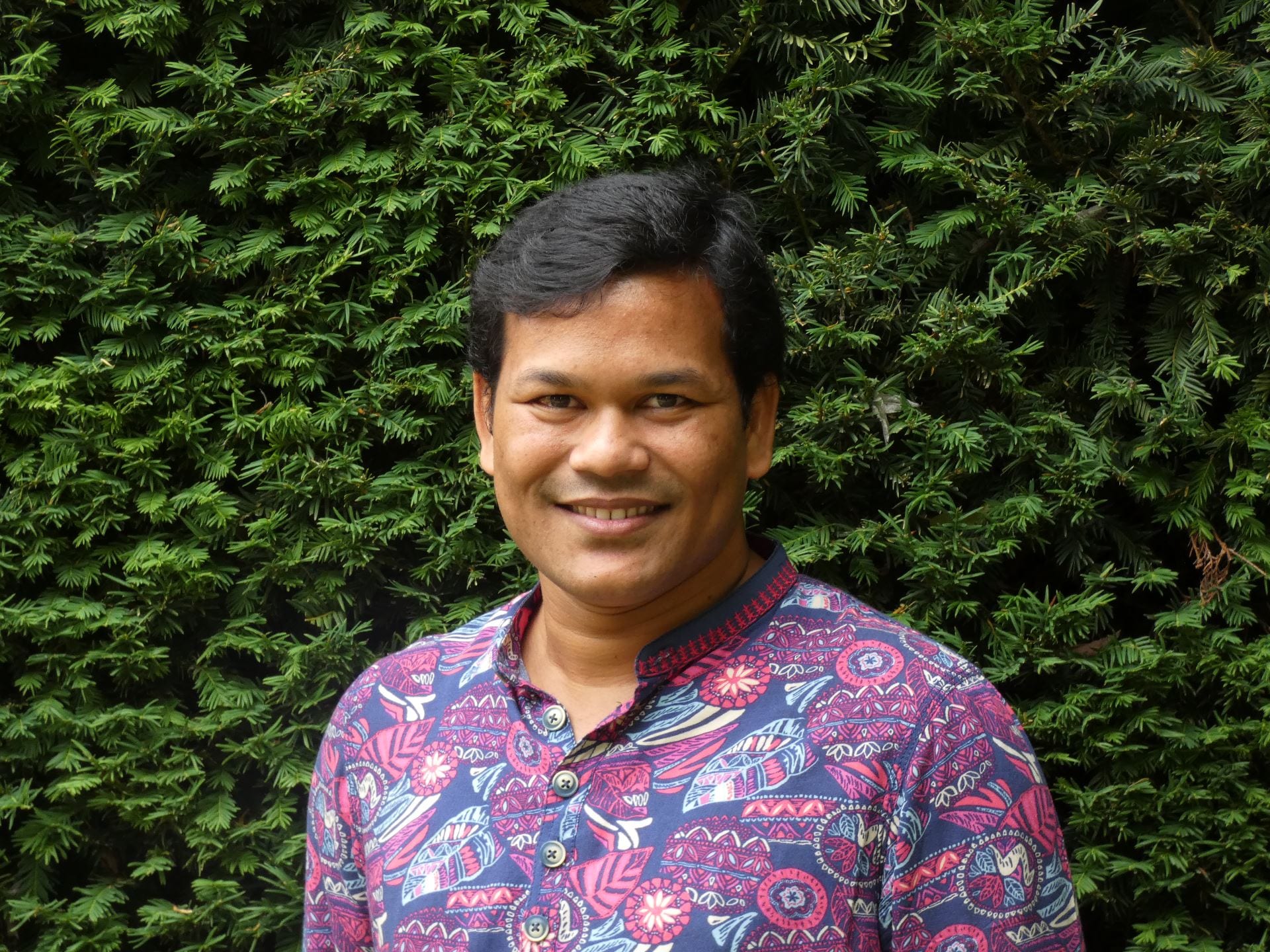Used to the heavily populated streets of Bangladesh, UNE Peace Studies graduate Shafi Md Mostofa recalls he was struck by the quietness of Armidale in winter when he arrived to begin his PhD three and a half years ago.
“There was no one around after 6pm!” Shafi says. “To meet people, I would wait in the kitchen of my accommodation at Smith House and strike up a conversation with whoever came in to make a meal!” he says.
But within months, Shafi was well-integrated in community life, embracing community service, new sports and university activities alongside his studies.
“My supervisor said, you’re here for three years. It’s an important time. Don’t just become obsessed with your work, enjoy life.”
Taking this on board, he became President of the UNE Life Bangladesh Student Association – and was recently awarded the UNE Life Clubs and Societies Peer Mentor of the Year Award – learnt three new sports (tennis, table tennis and badminton) and became active in volunteer activities with the Anglican church.
“I don’t like to stay at home!” he laughs.
Amongst all the activity, Shafi managed to excel in his studies and complete his PhD on time, which throws new light on an issue very close to home – the growth of religious radicalisation amongst the middle and upper classes of South Asia, particularly Bangladesh.
“When radical Islamists attacked the Holey Artisan Café in Bangladesh in 2016, I started to ask why the middle classes were gravitating to extremism, which is usually understood to be an issue that develops from poverty,” he says.
Through his PhD he began to explore issues such as the harnessing of social media and narrative by Islamic militants to groom disaffected people, and to build a picture of the micro, macro and ideological issues heightening the trend that should be addressed by local and global leaders.
His research has already garnered attention, with a number of co-authored papers now published by renowned academic publishing houses including the Oxford and Cambridge University Press, as well as involvement in three forthcoming books.
“I didn’t know much about research when I came here,” Shafi says, “I always just tried my best to learn and surpass myself.”
Through his UNE studies, he says he has particularly learnt to effectively manage an independent research project, and to be more sceptical.
“What you see with your eyes may not necessarily be the truth. The truth is not automatically exposed; you have to find it. So I’ve become more critical in my thinking and research,” he says.
Already an Assistant Professor at the University of Dhaka, Bangladesh, Shafi has now been appointed an Adjunct Lecturer in Peace Studies at UNE and has more projects and papers underway, including with his supervisor and now good friend, Professor Howard Brasted.
“Undertaking my PhD has been the best time of my life,” Shafi says.
“Every time you study more, you learn more and become more mature. UNE has given me a lot, now it’s time to give back.”
As he prepares to head back to Bangladesh in January – and reacquaint himself with the busyness of city life and an on-campus student population of 60,000 – he’s looking forward to seeing his students again.
“It’s been a privilege to learn in Australia and at UNE. I hope to take what I’ve learnt to share it with my students to help shape their thinking and future.”



Recent Comments